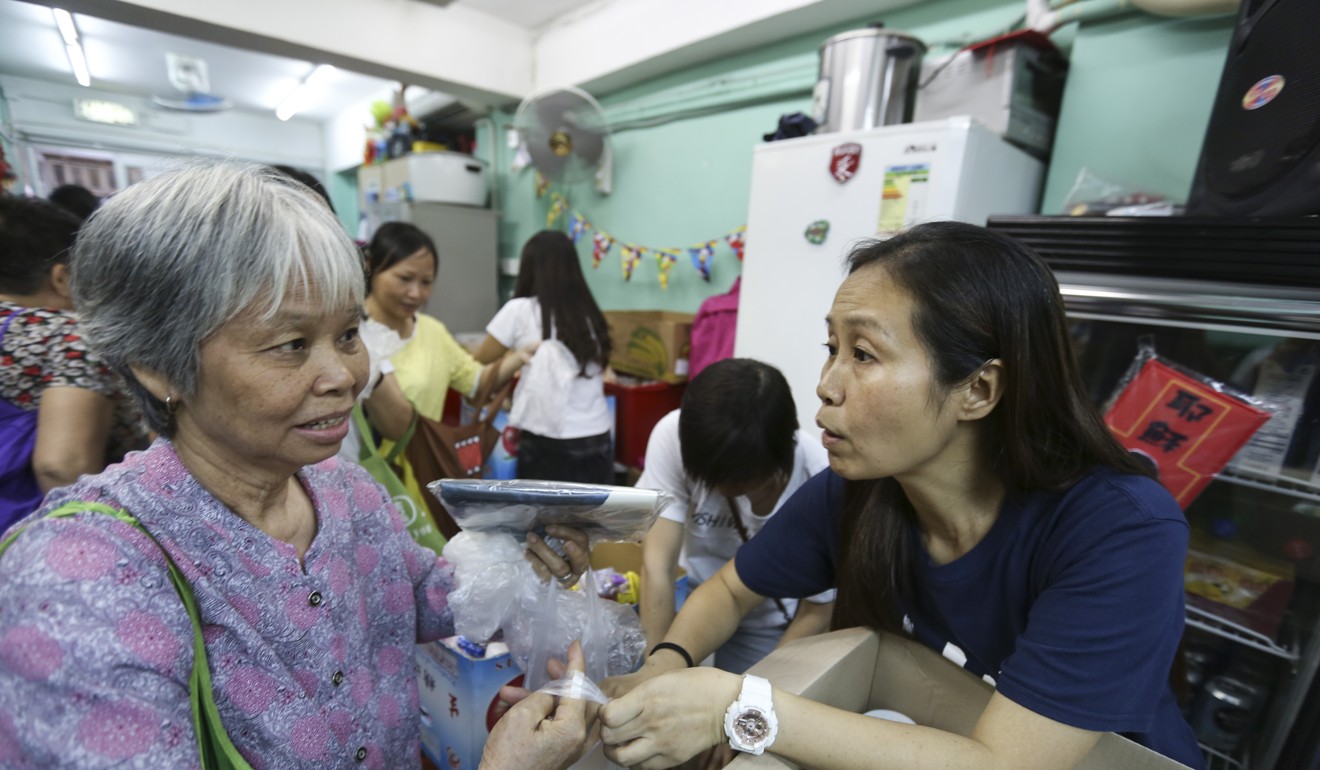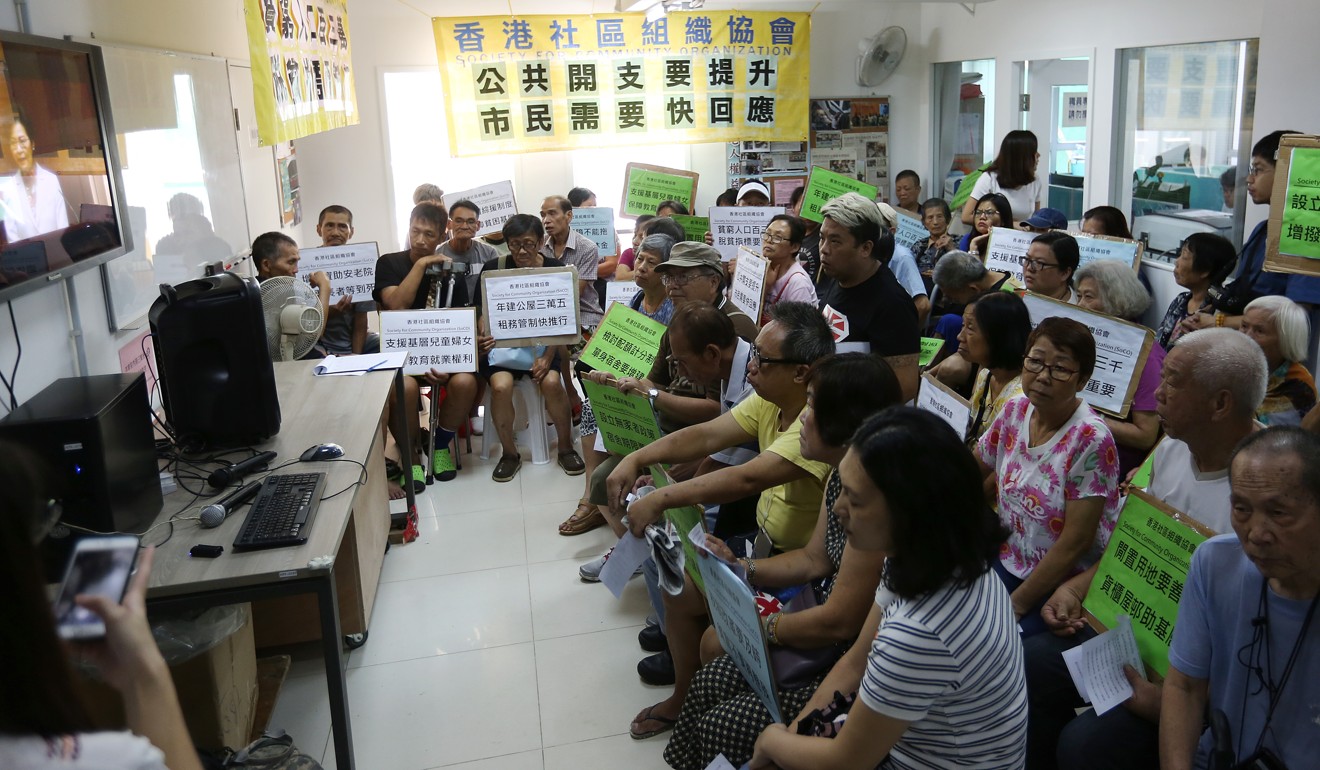
Philanthropy in Asia needs a push from good government policies
Ruth A. Shapiro says that governments in the region must send strong signals that they value philanthropy through tax incentives and other policies. This could encourage a more systematic approach to giving and spark innovation in the social sector
Why foreign NGOs are struggling with new Chinese law
The plight of Hong Kong’s working homeless
The Doing Good Index is an ambitious initiative. Supported by donors in Asia, the team worked with 34 partners from 15 economies to survey 1,516 social delivery organisations and 80 experts. They answered questions about a range of factors that influence philanthropic capital. The questions fell into four categories – regulations, tax and fiscal policies, procurement and ecosystem. The first three are government-driven, while ecosystem looks at the role that people, communities, companies and universities are playing in addressing social challenges and nurturing the social sector.

Our study also shows that the right policies and incentives do matter. Tax subsidies contribute a great deal towards the propensity to give across income levels and have an important signalling effect. Asian philanthropists are pragmatic. People want to help their communities but also want to do this in ways that are aligned with their own government’s goals. When a government signals that philanthropy is appreciated, it has a positive influence on giving.
Africa saves the day as generosity declines worldwide, charity index shows
However, regulations need to be calibrated to reduce friction in the social sector and facilitate its growth. In some economies, organisations need to work with many government agencies, with one country having 15 different ministries all with different reporting requirements. This puts a burden on non-profit organisations and encourages underreporting.

Last, the social sector is vastly understudied. There is very little reliable data. For the Doing Good Index, we had to create the data from scratch. More information about philanthropy can help address the trust deficit and showcase which practices, models and policies are best in class. There is no dearth of humanity, creativity and commitment in Asia.
The key is to put systems and practices in place that allow us to learn from each other, contribute to our communities and help Asia become a global philanthropic leader and a centre for social innovation.
Ruth A. Shapiro is founder and chief executive of the Centre for Asian Philanthropy and Society

